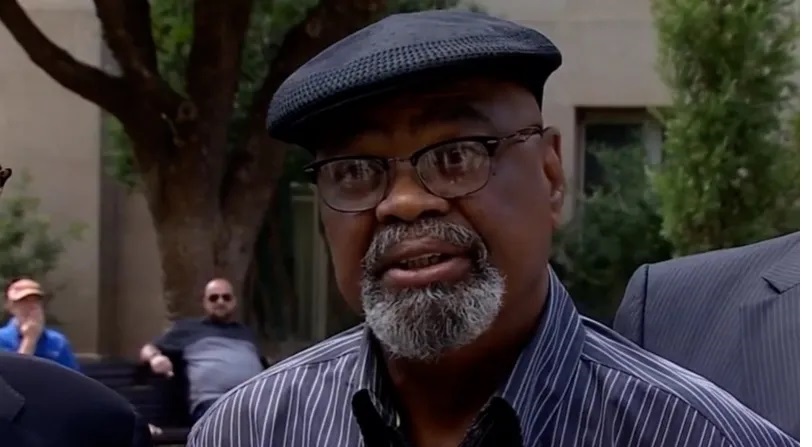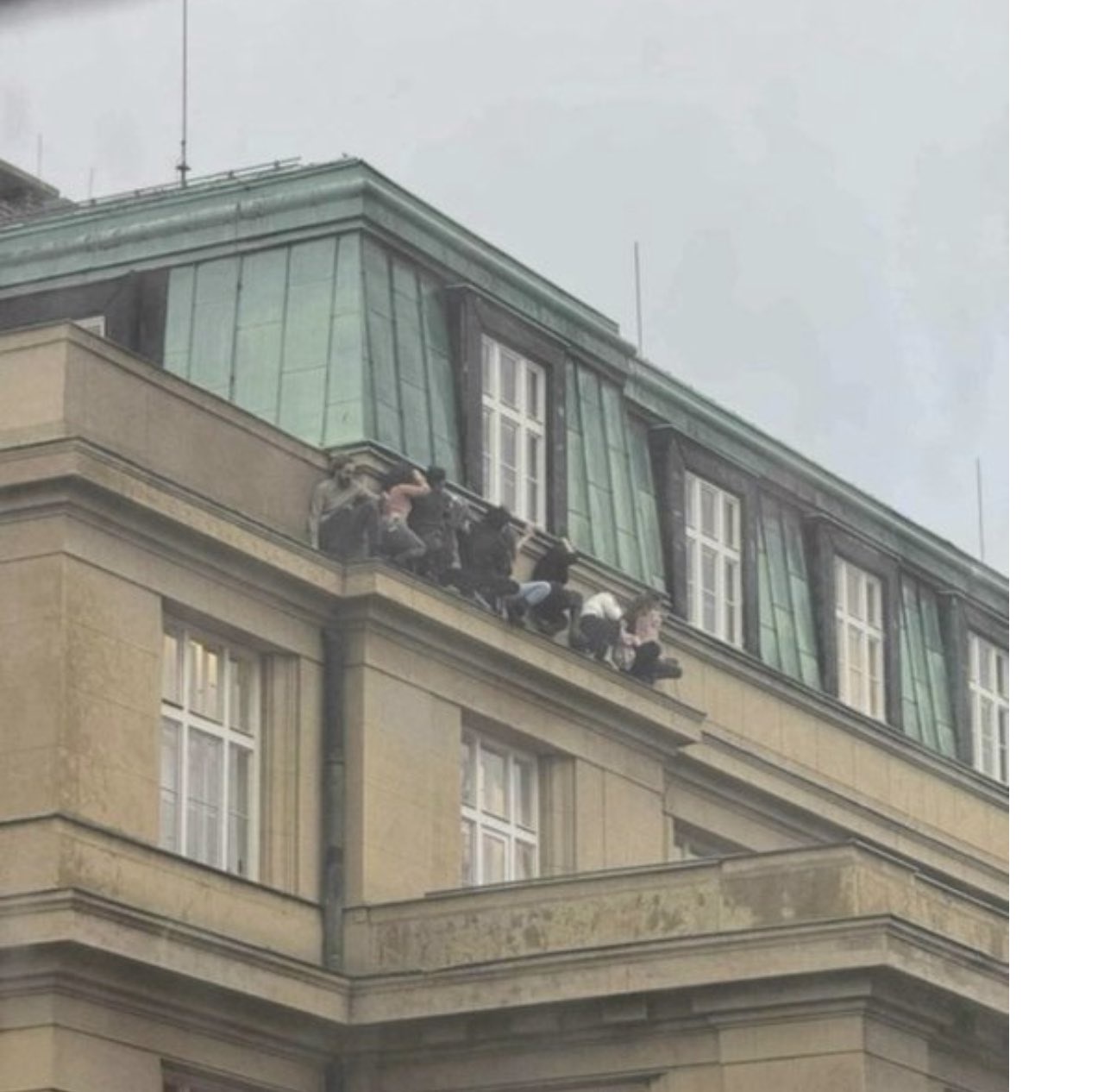Recent studies have revealed that one in every four tested men turned out not to be the biological father of their child(ren) and ranks Nigeria as the second highest in paternity fraud. GODFREY GEORGE writes that increased DNA testing will open a can of worms in many homes
Mr Olanrewaju (surname withheld) rubbed both eyes with the back of his hands. He was not sure what he saw as the truth.
“How can four of the kids who call me father not be mine?” he wondered.
After secretly conducting a deoxyribonucleic acid (DNA) test to confirm his first son’s paternity at the DCC DNA Diagnostic Centre in Osogbo, Osun State, he received the shock of his life.
Sharing his story in tears on a radion station in Ibadan, Oyo State, the 44-year-old Osun State indigene said his wife, whom he married in 2007, brought another man’s children for him to father.
The children who are 16, 12, eight, and five years old were tested after Olanrewaju discovered what he termed ‘promiscuous moves’ from his wife.
After the first child’s DNA did not match his, he decided to carry out tests on all four, which returned negative.
Crying profusely, he said, “I want Nigerians to come to my rescue because I must not suffer this in vain. I married Toyin in 2007 and she gave birth to four children. But none of the children belong to me after subjecting them to DNA tests.”
However, reacting to the development, his wife disagreed with the results, saying that she was not there when the samples were taken, adding that she also did not know which samples were taken.
She stated, “I don’t accept the result. I don’t accept it because I was not there when they took samples, and I don’t know which samples they took, so I don’t accept it.
“I can’t accept it because I know how I conceived those children.”
After a few days, Toyin made a U-turn, revealing on air that the four kids indeed were not her husband’s, adding that they belonged to her pastor.
She also stated in Yoruba that her husband only fathered one, and that the other one belonged to a meat seller at the local market.
The shock on her husband’s face was met with hot tears that trickled down his cheeks and onto his chest.
The question on the lips of many is; what now will happen to the children? Although several sources close to the matter told our correspondent that the duo had since then lived apart, not much is said about the children’s welfare and whether or not their fathers had come to take responsibility, as all of them are minors under the law.
After his wife’s death in May, a Facebook user shared an anonymous post on NGL detailing how he found out that the two kids who called him father were not his.
He said he simply just decided to do the DNA test just for the sake of doing it only to be hit with the thunderbolt of the finding.
He wrote, “My wife passed away and left me with two children but I just found out through DNA that they are not my children. I am 36 years old. Please, advise me.”
In another string of posts on that anonymous thread, another Facebook user, who claimed to be living in the United Kingdom, said he only found out that his three kids were not his at the embassy when he wanted to move his family to the UK.
He wrote, “It was a rude shock to me when I found out that my three lovely kids were not mine. Three beautiful girls! I went mute for two weeks and almost died by suicide. But, after a long thought, I processed their visas regardless and moved them to the UK on a visit visa, which I renewed.
“As for their mother, we ended things the same day.”
In another related development, a Nigerian doctor on Twitter known as Dr PenKing shared a story of how a man undergoing vasectomy found out that the three kids he called his were not biologically his.
A vasectomy is a surgical procedure of cutting or sealing the tubes that carry a man’s spermatozoa to permanently prevent him from fertilising a woman’s eggs.
The doctor said the man contacted him in February 2022 for consultation about getting a vasectomy done and was assured of how safe the procedure was.
After welcoming three kids – a boy and two girls – the couple decided that they were done with having kids.
The doctor said he was astounded when the patient shared a DNA test result sheet with him, which showed that all three children were not his.
The chances of the man fathering those kids, according to the DNA, were zero.
The doctor wrote, “I’ve battled so much to avoid saying this, but I still got to say it because the guilt is enveloping me.”
‘You should have asked’
It was in 2019 when popular comedian and talk show host, Chinedu Ani, aka Nedu, found out that a son he fathered for years was not his after he had a DNA test done.
His then-wife, Uzoamaka Ohiri, said she did not intentionally give another man’s baby to him, adding that she too did not know that the child was not Nedu’s.
Uzoamaka also stressed that she did not cheat on Nedu during their brief marriage, but that she was in a relationship before meeting the comedian.
She added in an interview she granted PUNCH Live that it was Nedu’s insecurity that made him conduct the DNA test on the last child only to find out that the first one was not his.
She said, “I was seeing someone before Nedu; he (Nedu) was on the side disturbing me; he had invited me a couple of times. I turned him down. After the relationship ended, Nedu and I met up.
“Along the line, I found out that I was pregnant. Trust me, if I knew that my first child was not for him (Nedu), I wouldn’t have married him. I can’t deliberately pick another man’s child and give it to another man. If I knew, I wouldn’t have gotten married to him. On my wedding day, I was pregnant, everybody saw it.
“Nedu was insecure so he did a paternity test for the last child, but unfortunately he discovered that the first child was not his biological son.”
The mother-of-three, who married Nedu in 2013 and insisted that she was faithful while she was married to him, said the comedian did not deserve her son.
Earlier, The PUNCH had reported that Nedu posted a DNA test result which was signed by one Dr Harvey Tenenbaum, President at Viaguard Accu-metrics, Ontario, Canada, on June 24, 2019.
The document stated that the possibility of Nedu being the father of the child in question was zero per cent.
While stating that Nedu should have asked if the pregnancy she carried on her wedding day was his, Uzoamaka said she was certain that he was the father of the two other children.
Justice for the judge
In February 2021, social media went agog when a judge of the Delta State High Court, Anthony Okorodas, revealed that he was not the biological father of three children from his marriage with his former wife.
Okoroadas, who was appointed a judge two years earlier, stated this in a statement he signed, dated January 28, 2021, a copy of which was sighted by Saturday PUNCH.
The judge alleged that his former wife, walked away from the marriage when the youngest child, now 17 years old, was just six.
Okorodas, who described the development as traumatic, said he and his current wife had been wholly responsible for the well-being and the education of the three children, two of whom are university undergraduates since their mother walked away 11 years earlier.
Okorodas, who noted that he had four children with his current wife, said he first got information from an anonymous source indicating that the three children were not his during the COVID-19 lockdown in April 2020.
He, however, said he was only able to confirm the claim to be true through the DNA test in August 2020.
He stated, “I have taken the decision to address the press in respect of certain traumatic developments that have arisen between me and my ex-wife, Celia (surname withheld) of the Yenagoa Local Government Area in Bayelsa State.
“The DNA test result, which came out in September 2020, confirmed that I was not the biological father of the child.”
He said following the result of the first DNA result, he convened a joint meeting of his extended family on the one side, and Celia’s paternal and maternal families on the other side, where he “confronted her with the paternity fraud allegation.”
“Although she initially strongly insisted that I was the biological father, she has since confessed to having the child with another man during our marriage,” he added.
He said following the development, his current wife “had to agree to have DNA tests on the four children of our marriage.”
The judge insisted that he would not stop taking care of the first wife’s kids following the revelation, adding that the first two are already university graduates.
“For Celia and her boyfriend or boyfriends, we leave them to their consciences,” he added.
Paternity fraud
Smart DNA, a DNA testing and diagnostic centre in Lagos, revealed in a study that one in every four tested men who visited the clinic turned out not to be the biological father of their child(ren).
The comprehensive data analysis of all relationship DNA tests conducted at its facility between July 1, 2022 and June 30, 2023, on thousands of users, provides an unprecedented insight into the DNA testing trends across Nigeria.
Findings of the report showed that Lagos accounted for the highest percentage of tests, with 82.89 per cent of the total, followed by Oyo (3.29 per cent), Ogun (3.07 per cent), FCT (2.63 per cent), and Rivers (2.41 per cent).
The report showed heavy concentration in Lagos, particularly the Mainland (68.14 per cent) compared to the Island (31.86 per cent). This may be due to the location of Smart DNA’s office, the purchasing power of the residents, and the high population density of the state.
On the test type, the report disclosed that the majority of tests (89.10 per cent) were conducted for what they termed, ‘peace of mind’, followed by ‘immigration’ (8.97 per cent), and ‘legal’ (0.64 per cent).
Individuals primarily seek DNA testing to confirm biological relationships for personal reasons rather than legal or immigration purposes, the report stated.
On the gender of individuals seeking tests, the report stated that men were the predominant initiators of contact, making up 86.44 per cent of the first contacts, compared to 13.56 per cent made by women.
This further indicates that men are more likely to have doubts about paternity or other relationships and take the initiative to seek testing.
The report also disclosed that positive results, indicating that the man tested was the biological father of the child, accounted for 73.88 per cent of tests, while negative results made up 26.12 per cent.
“This suggests that in the majority of cases, the men seeking testing are indeed the biological fathers, but in more than one in four cases, the tested father is not the biological father of the child,” the report added.
More tests were conducted on male children (56.62 per cent) compared to female children (43.38 per cent), the report showed, as it disclosed that this might suggest a cultural preference for confirming the paternity of male offspring, although further research would be needed to confirm this hypothesis.
“The most tests were conducted on children aged zero to five years (58.02 per cent), followed by the six to 12 age group (25.95 per cent). This indicates that paternity tests are mostly done on children when they are younger rather than when they get older. Men between the ages of 31 and 40 (40 per cent) and 41 and 50 (23 per cent) conducted the most DNA tests. This age group is likely to have young children and may be in a financial position to afford the testing,” it added.
Another study conducted by the Nigerian Institute of Medical Research found that 27 per cent of paternity tests conducted in Lagos State revealed cases of misattributed paternity. These findings indicate a distressing pattern of deceit affecting countless Nigerian families.
A senior geneticist with the DNA Centre for Paternity Test, Allen Avenue in Ikeja, Lagos, Abiodun Salami, revealed in an interview with Premium Times that from his experience, most firstborns were not fathered by the husbands at home.
According to him, this is because the ladies had a prior relationship before getting married.
“Most times, they continue with that relationship and don’t leave it even after marriage,” he added.
As of 2021, the geneticist said he used to do an average of 100 DNA tests in a month, but now handles as many as 400 cases monthly.
He added, “We have discovered that almost 60 per cent of the tests that people come to do are negative. Six out of every 10 paternity tests turn out negative.
“Statistically, in DNA paternity testing, most times, in Nigeria, we see that six out of every 10 children might not be fathered by their biological father.”
Another cell biologist and geneticist based in Lagos, who did not want to be named because of her company’s policies, corroborated Salami’s claim.
“At our clinic, we have an almost 70 per cent negativity rate. This means that if 10 men walk into our facility to get a test done, seven come out with a negative result. There is a lot of promiscuity and paternity fraud going on, and only an increased testing capacity will reveal that,” he stated.
Another geneticist based in the United Kingdom, Dr Sola Dele, said from the samples received from most Nigerian centres that send them for a second and foreign opinion, between four and five turn out negative.
“I never thought the issue was that bad until during COVID-19 when we started getting a lot of samples from centres in Nigeria. After they might have conducted the necessary tests and shown the clients the results, they (clients) would reject the results and seek foreign and more expensive opinions to tell them the same thing,” Dele said.
She advised fathers, who are having any doubts about their child’s paternity, to walk into any DNA centre with the child and have it done.
“It is your right to know the child you are raising is yours. You can then decide to raise the child even after finding out the truth, but it is in your right to know,” she added.
Despite the prevalence of stories related to paternity fraud, there is currently no Nigerian law that criminalises it. However, falsely naming a non-biological father on a public document like a birth certificate constitutes a criminal offence. In such cases, the woman involved may potentially face charges for criminal deceit or perjury arising from paternity proceedings.
A legal practitioner, Maryam Bello, in an article titled, ‘Addressing Paternity Fraud: Legal Aspects in Nigeria’, noted that in Nigerian law, children born within a valid marriage were presumed to be legitimate, with parents assuming responsibility for their care.
She wrote, “Section 165 of the Evidence Act, 2011 reinforces this presumption, granting legitimacy to children born during a valid marriage or within 280 days after its dissolution. This presumption can only be challenged through proper legal procedures, including the use of scientific methods like DNA testing, with valid evidence required to refute it.”
Regarding the use of DNA tests to determine paternity, Nigerian law recognises it, but it must adhere to specific standards outlined in sections 63 to 67 of the Child Rights Act, 2003, consistent with laws in 24 other states.
“These provisions govern the conditions and procedures for conducting scientific tests to establish parentage,” she added.

 Culture /Life Style1 year ago
Culture /Life Style1 year ago
 Politics2 years ago
Politics2 years ago
 Culture /Life Style1 year ago
Culture /Life Style1 year ago
 Politics2 years ago
Politics2 years ago
 Blog1 year ago
Blog1 year ago
 News1 year ago
News1 year ago
 Politics2 years ago
Politics2 years ago
 Entertainment2 years ago
Entertainment2 years ago
 Culture /Life Style1 year ago
Culture /Life Style1 year ago
 Entertainment2 years ago
Entertainment2 years ago
 Blog1 year ago
Blog1 year ago
 Entertainment1 year ago
Entertainment1 year ago
 Sports2 years ago
Sports2 years ago
 Politics2 years ago
Politics2 years ago
 Bussiness2 years ago
Bussiness2 years ago

















